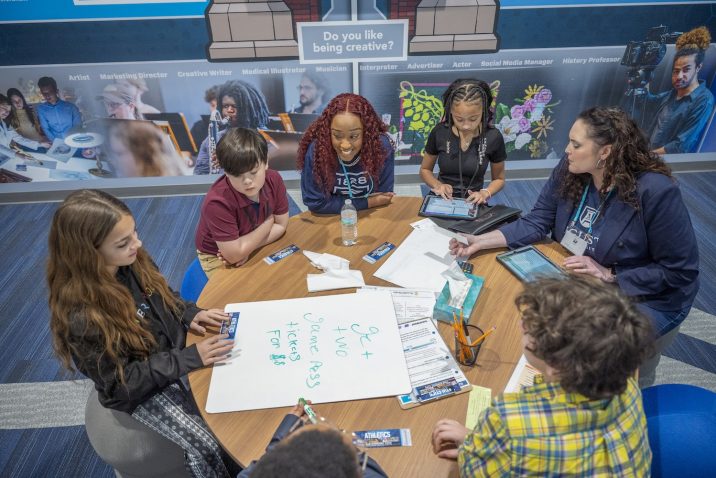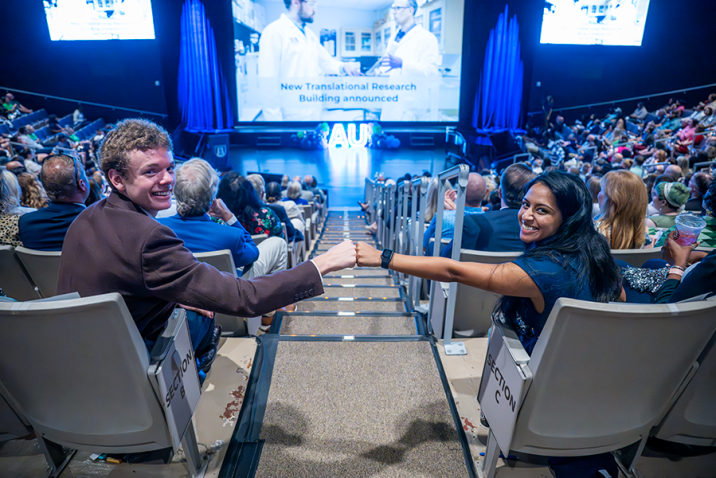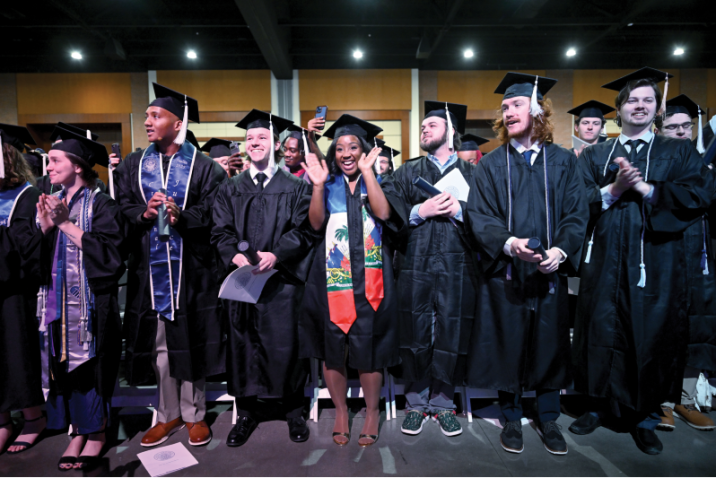Radiation Therapy
Do you feel compelled to help others in the dynamic world of health care?
Radiation therapists deliver hands-on treatment directly to cancer patients through the use of high-energy ionizing radiation. Radiation therapists work closely with other members of the cancer management team to treat cancer or relieve pain and other symptoms associated with cancer. The radiation therapy program from the College of Allied Health Sciences’ Department of Allied Health Professions helps prepare students for this rewarding career.
Â鶹´«Ã½Ó³» is Georgia’s Health Sciences Center of Excellence, and we offer an experience like no other. Join us to become tomorrow’s health care professional today.
Radiation Therapy is for you if you consider yourself
Life-Changing
Life-Saving
Education
Want to learn more about the Radiation Therapy program at Â鶹´«Ã½Ó³»?
Request InfoWhat You'll Study
Coursework
In the Radiation Therapy program, you will take classes in sectional anatomy, radiation protection and biology, cancer management, and participate in labs and clinical internships.
Experience-based Education
Outside the Classroom
Students work with clinical personnel in a team approach to patient care and planning.
Skills including medical assessment, infection control, drug administration and physiologic monitoring are taught in a laboratory environment to accurately simulate conditions graduates will encounter in the field.
As part of the state’s only public academic health center, students are exposed to a wide-variety of clinical settings and challenges.
Research & Innovation
Whether you're an undergrad or graduate student, you'll have opportunities to create your own research projects or work with faculty to tackle some of the world's most complex and pressing challenges.
Academic Health Center
Academic health centers teach tomorrow's health care professionals, and the only way to do this is to stay on top of the latest treatments and tools for a culture of continuous learning.
Your Future
Career Options
Radiation therapists can be employed by hospitals, universities, clinics or vendors who market radiation oncology equipment. Some radiation therapists travel the country and work in independent or temporary positions.
Employment prospects are excellent, with job opportunities available in all parts of the country and demand expected to increase as the population continues to age.
Profiles
Student Stories

Why Â鶹´«Ã½Ó³»?
One of two baccalaureate degree programs in the state of Georgia.
Small class sizes ensure students receive hands-on experience using the latest technologies.
Program graduates are eligible to apply for the American Registry of Radiologic Technologists national certification exam in Radiation Therapy.
Internship opportunities increase confidence and competency and prepare graduates to encounter a wide variety of environments.

AU earns Carnegie Elective Classification for Community Engagement

‘Moving forward with purpose’: Â鶹´«Ã½Ó³» 2025 Year-in-Review


